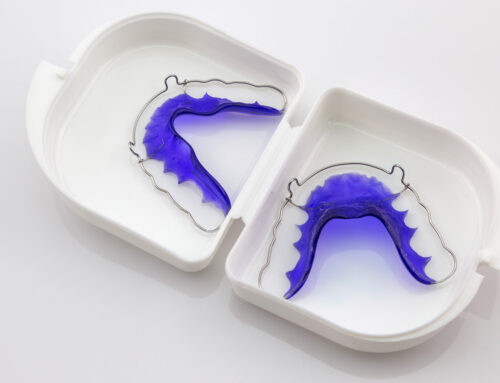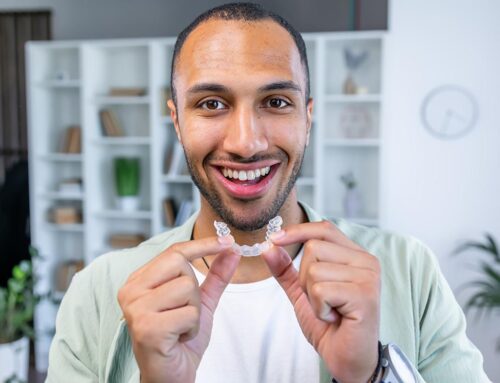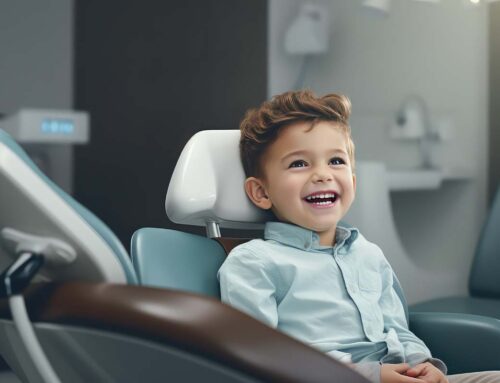Temporary Anchorage Devices (or TADs) are, first and foremost, a blessing for some people who need corrective orthodontic work done. While the average person might it difficult to get excited about advancements in orthodontic surgery—anyone who has had experience with TADs can affirm that they are a simple way to achieve great results.
What is a TAD?
A Temporary Anchorage Device is a tiny screw made from surgical-grade alloy that is inserted into the jawbone for the purpose of providing an anchor.
What Are They Used For?
An external anchor point is necessary in cases where tooth movement is desired but the proper force cannot be exerted using the existing structures, ie. the other teeth. For cases such as this, a TAD can offer an easy, provisional solution to bring about the necessary changes—and then be removed—leaving the patient with a straighter set of teeth.
What Were The Alternatives?
In the past, clunky external headgear may have been necessary to provide a similar anchor point, but with the advancements in TADs, many procedures have been simplified and new ones have been made possible altogether.
What Is The Procedure Like?
The installation of a TAD is a quick, simple, and painless procedure; it often involves no more than an anesthetic gel to numb the gums and a couple of minutes of work from your orthodontist. Some patients may seek an over-the-counter medication as the numbing subsides, but many report no pain whatsoever.
And The Aftercare?
The maintenance involved with a TAD is only a little bit more than a regular oral hygiene routine would call for already. It involves careful brushing and flossing of the area on a daily basis in order to keep the area healthy and clean—we’ll give you more specific instructions alongside the procedure.
All in all, TAD’s are nothing to be scared of—in fact, they are a relief for both patient and doctor.
The Hicks orthodontic practice has been around for over 40 years, with Bryan Hicks taking over for his father. Dr. Hicks works hard to give his patients extraordinary outcomes from their orthodontic treatment.
If you have any questions about this article or need to talk to someone in the office, give us a call at (604) 922-0111.





